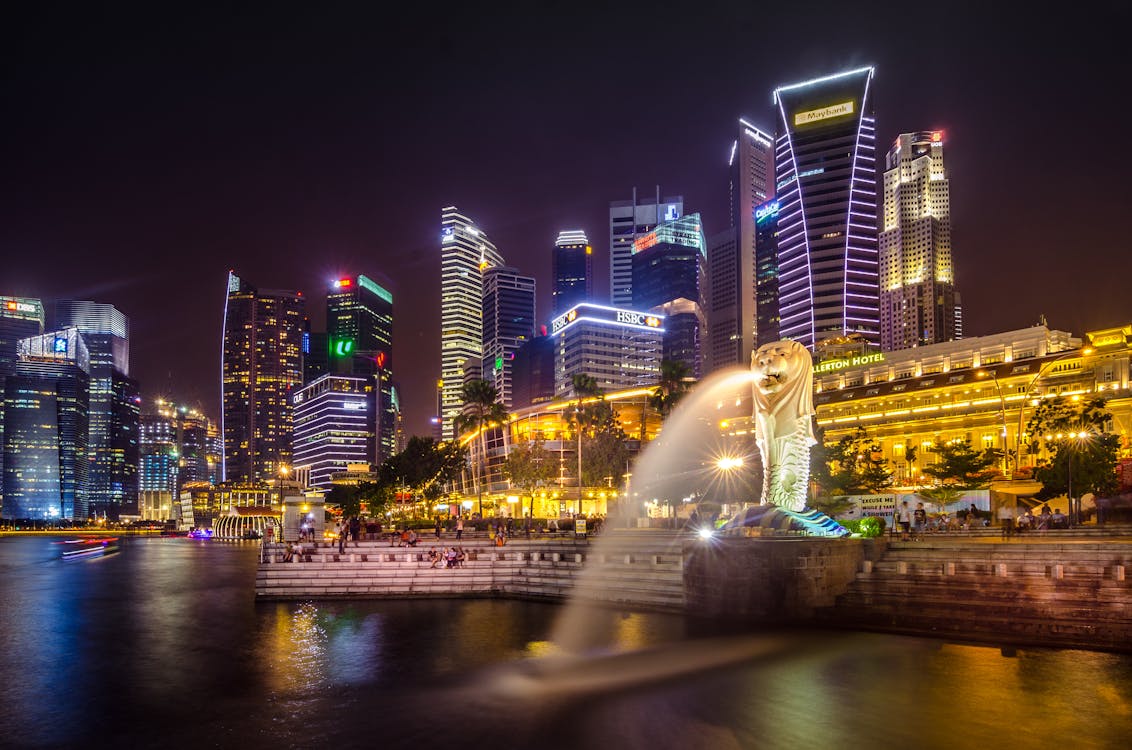Register a Trademark in Indonesia
Register a Trademark in Indonesia to secure exclusive rights to your brand, protect it from unauthorized use, and enhance your business’s credibility in the market. Trademark registration is governed by Law Number 20 of 2016 on Trademarks and Geographical Indications and is managed by the Directorate General of Intellectual Property (DGIP) under the Ministry of Law and Human Rights.
Since Indonesia joined the Madrid Protocol on October 2, 2017, businesses can now register a trademark in Indonesia and extend protection internationally with a single application.
Why Register a Trademark in Indonesia?
There are several advantages to registering a trademark in Indonesia:
- Exclusive Rights: Trademark registration grants legal ownership and protection for your brand, ensuring that competitors cannot use a similar mark for the same goods or services.
- Brand Recognition: A registered trademark enhances credibility and increases brand value, making it easier to build trust with customers.
- First-to-File Principle: Indonesia follows the first-to-file rule, meaning that the first entity to register a trademark gets exclusive rights, regardless of prior use.
- International Expansion: Through the Madrid Protocol, businesses can protect their trademark in multiple countries with a single application.
How to Register a Trademark in Indonesia
1. Conduct a Trademark Search
Before applying, it is highly recommended to search the DGIP’s online database to ensure that no identical or similar trademark has already been registered. This step can help avoid potential rejection.
2. Prepare the Required Documents
To register a trademark in Indonesia, you must submit:
- A clear representation of the trademark (logo, wordmark, or symbol).
- A detailed list of goods and services categorized under the International Nice Classification.
- Applicant’s details (name, nationality, and address).
- A power of attorney if applying through a legal representative.
- Proof of payment for the government trademark application fee.
3. Submit the Trademark Application
You can register a trademark in Indonesia through the DGIP online system or by filing manually at their office. Ensuring accuracy in the submitted documents is crucial to prevent processing delays.
4. Formality Examination (Up to 15 Days)
DGIP will conduct an administrative check to confirm that the application is complete. If there are missing or incorrect details, the applicant will be given time to make corrections.
5. Substantive Examination (Up to 9 Months)
During this phase, DGIP will review the trademark to ensure:
- It is unique and not misleading.
- It does not conflict with existing registered trademarks.
- It matches the correct classification of goods/services.
6. Publication for Opposition (2 Months)
If the application passes the examination, the trademark will be published in the Official Trademark Gazette for two months. During this period, third parties can file objections if they believe the trademark infringes on their rights. If an opposition is filed, DGIP will conduct a review and decide on the validity of the claim.
7. Issuance of Trademark Registration Certificate
If no valid opposition is raised, DGIP will register the trademark in Indonesia and issue a Trademark Registration Certificate. The registration is valid for 10 years and can be renewed indefinitely every 10 years.
Common Reasons for Trademark Rejection
When you register a trademark in Indonesia, the application may be rejected due to:
- Violation of Morality or Public Order: If the trademark contains offensive language or inappropriate elements.
- Similarity to Existing Trademarks: If the proposed trademark is too similar to an already registered one.
- Incorrect Classification: If the goods or services are misclassified under the International Nice Classification.
- Use of Famous Names: If the trademark resembles a well-known person’s name or another legal entity without permission.
Why Choose Double M to Register a Trademark in Indonesia?
Registering a trademark in Indonesia can be a complex process, especially for foreign businesses unfamiliar with local regulations. Double M specializes in market entry solutions, offering comprehensive assistance for businesses looking for trademark registration in Indonesia.
From conducting trademark searches and filing applications to handling objections and renewals, Double M ensures a smooth and hassle-free trademark registration process.

